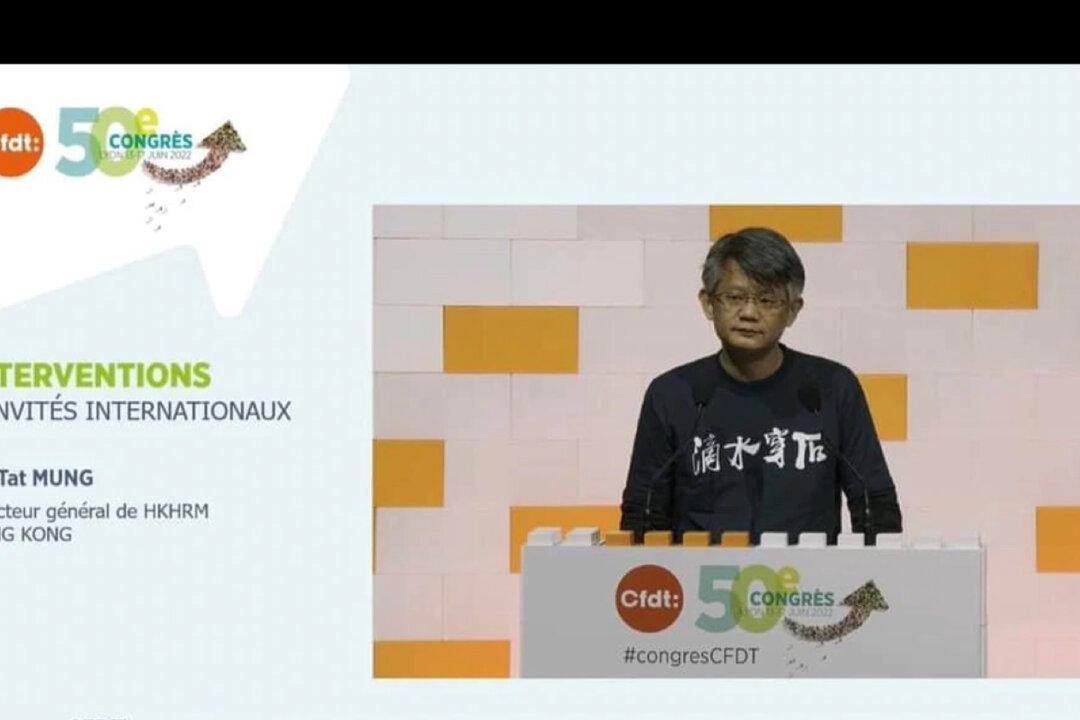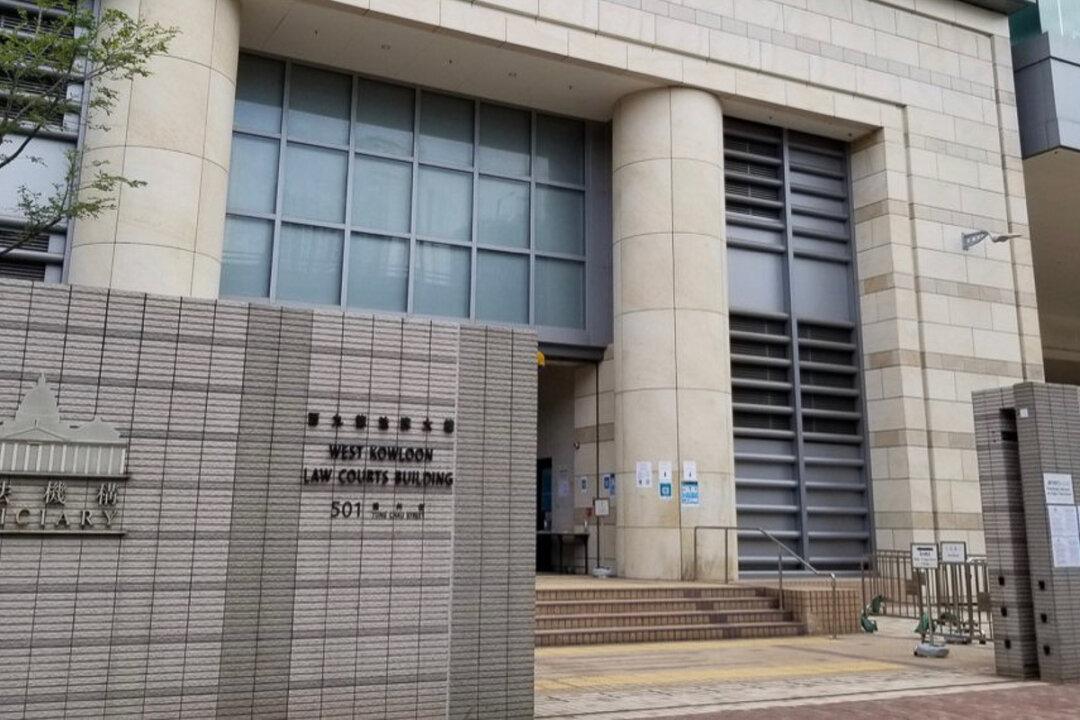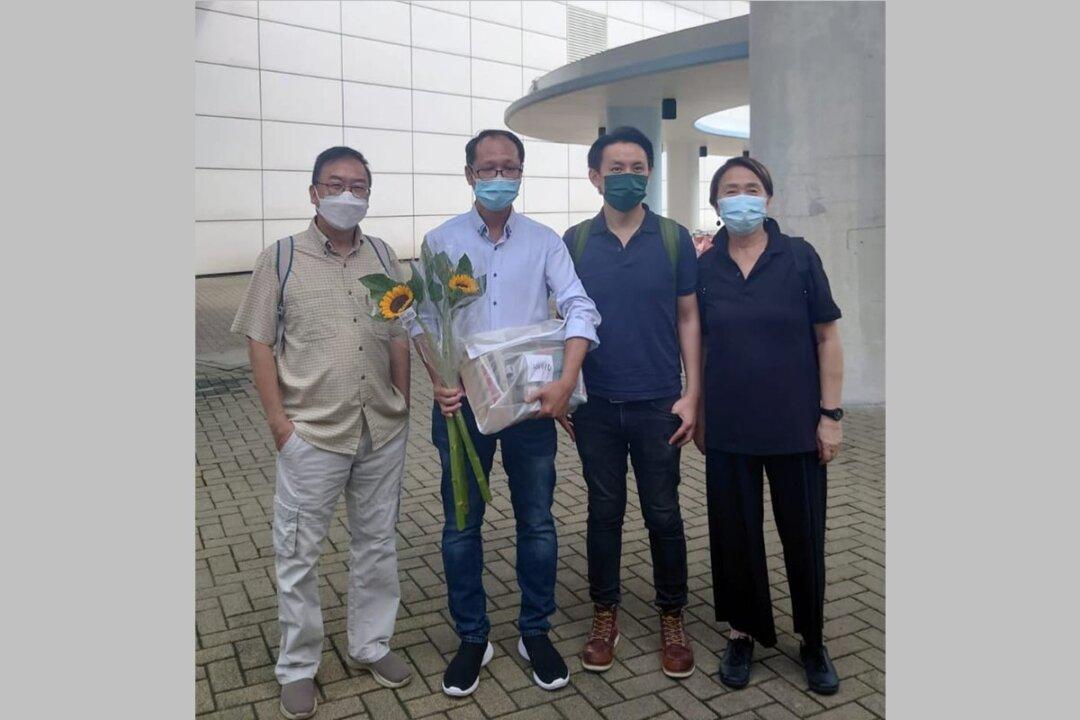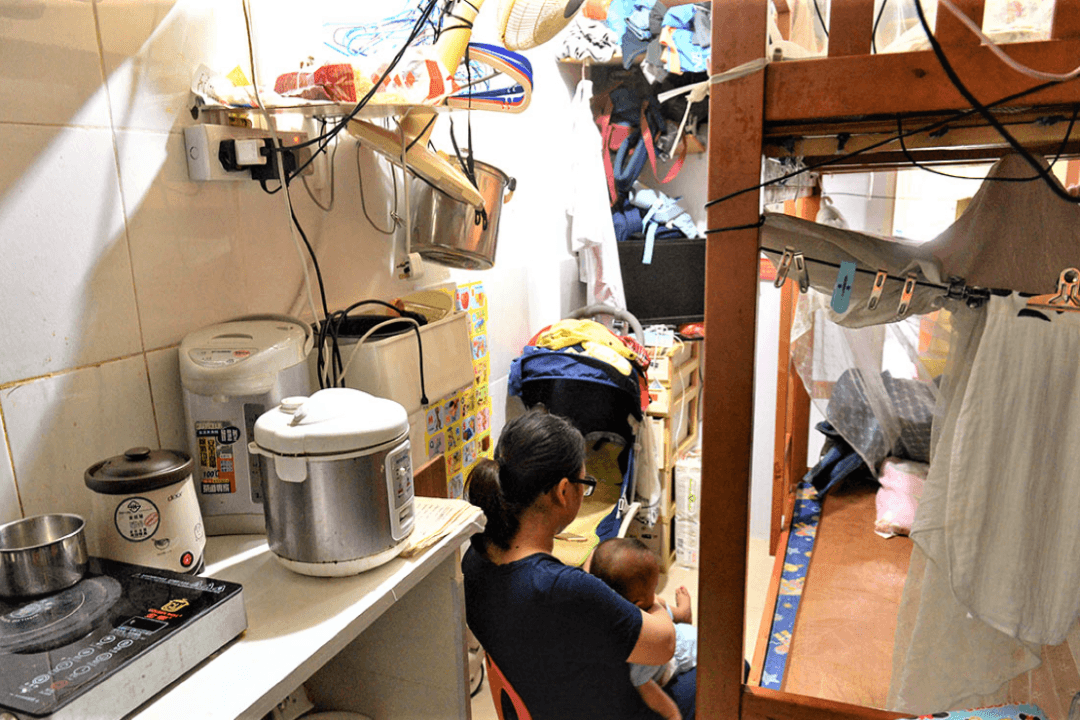Two years after the implementation of the national security law in Hong Kong, civic society life is becoming more dire by the day. A report was recently released by the Hong Kong Labour Rights Monitor, founded by Mung Siu-tat, former executive secretary of the now dissolved, Hong Kong Confederation of Trade Unions, confirming that many Unions in Hong Kong have been forced to disband.
The report shows, that at least 62 unions and civic organisations, including media groups and political parties, have been forced to dissolve since the national security law was enacted in June 2020: At least one union has been banned, while 11 union organizers have been arrested or prosecuted.




